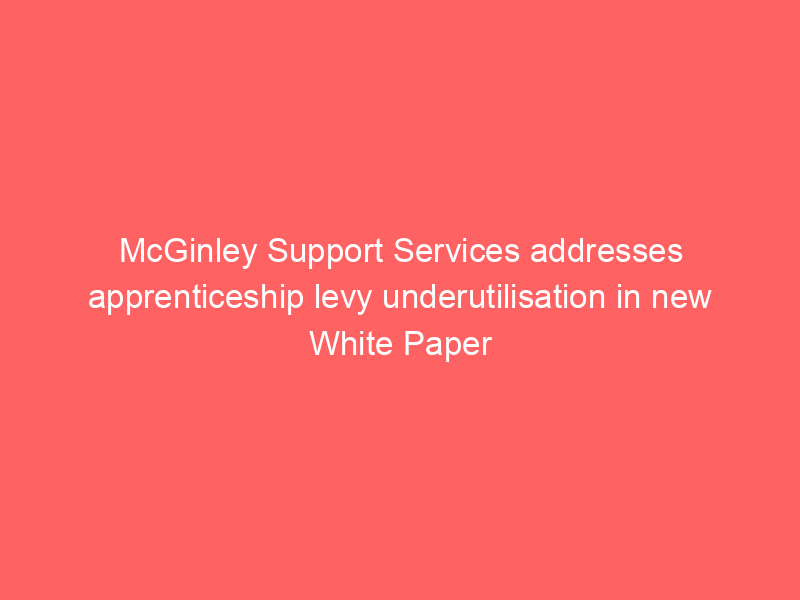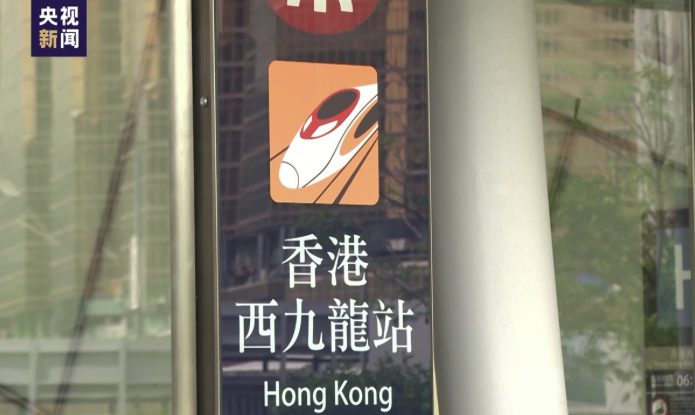McGinley Support Services, a leading recruitment agency in the UK’s Infrastructure sector, has published an insightful white paper highlighting the underutilisation of the Apprenticeship Levy in the construction and rail industries. This comprehensive analysis proposes actionable strategies to better leverage these funds for the development of the industry’s future workforce.
The white paper, informed by McGinley’s successful implementation of their Flexi-Job Apprenticeship Agency (FJAA) programme, showcases how effective utilisation of the Apprenticeship Levy can not only foster talent development but also drive significant industry growth.
Chris Young, Digital Communications and Recruitment Director at McGinley Support Services, stated: “Our white paper delves into a critical yet often overlooked aspect of industry growth and skills development. We’ve identified key areas where the Apprenticeship Levy is not being fully capitalised upon within our sectors and offer insights into how these funds can be more strategically employed.”
McGinley’s approach has been recognised as a model of success, illustrating how targeted investment in apprenticeship training can yield substantial benefits for the construction and rail sectors. The company’s efforts have been acknowledged by the Department for Education, naming McGinley as a Top 100 Apprenticeship Employer in 2023.
The white paper is not just an analytical report; it’s a call to action for industry leaders, policymakers, and stakeholders to reconsider how Apprenticeship Levy funds are utilised.
McGinley’s CEO, Dermot McGinley, emphasises the need for a collective effort to address this crucial issue. He said: “We invite our peers and partners within the industry to engage in a dialogue about this matter. It’s essential to explore ways to enhance the apprenticeship funding stream and ensure that these resources are used to their fullest potential.”
The white paper is available for review and download via the following link: McGinley Support Services welcomes discussions and collaborations aimed at driving forward this important agenda.
Photo credit: McGinley

